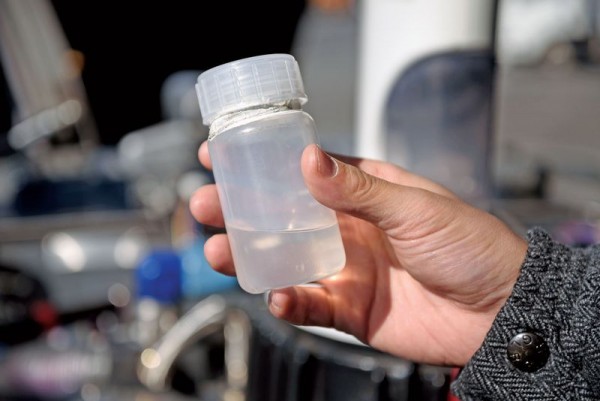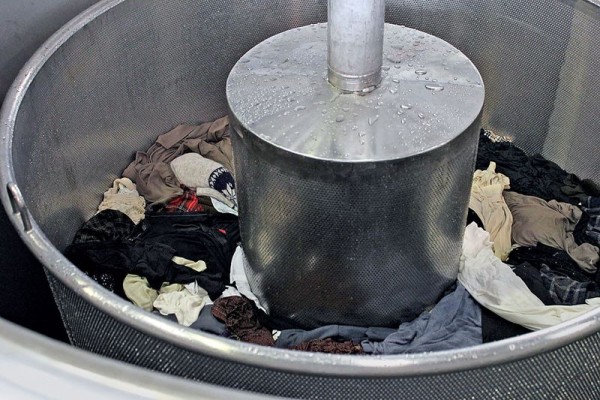Japanese companies turn waste clothes into energy: 700 tons of ethanol produced by 1 ton of clothes
According to foreign media reports, according to foreign media reports, at the end of the movie "Back to the Future," Mad Scientist Dr. Emmett Brown reappeared on his time shuttle DeLorean. The car was named Mr. Fusion's recovery reactors are powered by the energy from the waste. Today, Japanese company Recycler Jeplan is creating a realistic version of Mr. Fusion, for which they even purchased a copy of DeLorean to help promote. Recycler Jeplan is dedicated to extracting cotton fiber from used clothing but converting it into energy. According to Jeplan, 1 ton of waste clothing can produce about 700 liters of ethanol, which can save space and water resources. The company also developed a method to recycle polyester. This compound is incorporated into many fabrics to reduce costs, improve durability, and prevent wrinkles. Jeplan claims that about 60% of the world's garments made annually use polyester, which can be a very valuable resource if they are broken down and reused in new clothes. Recycling plastics, paper, and metals is common, but most of the clothing produced every year in the world ends up in landfills and incinerators. “Only 10% of the clothes were recycled, including used sales, which is the case in every country,†said Masplan co-founder and CEO Masaki Takao. Takao and his team are developing a technology to extract polyester from clothes through multiple distillation and evaporation cycles. Compared to remanufacturing these materials, the program produces only half as much carbon dioxide as the former. However, the difficult part is that the extracted polyester needs to achieve high purity. Takao said: "No one is doing this because it is very difficult." In 2007, Takao graduated and textile salesman Michihiko Iwamoto together established Jeplan. The company cooperates with Osaka University to develop "cotton recycling" technology. In 2010, Jeplan began commercial operations and provided consulting services for companies such as Mitsubishi and NTT Docomo. Since its inception, Jeplan has raised approximately $13 million, and investors include Docomo and venture capital firm Jafco. In "Back to the Future," Dr. Brown poured banana peel and half-tank beer into a coffee machine-sized Mr. Fusion reactor. The Jeplan program requires a factory. The company is building a factory on the southern island of Kyushu, which is expected to begin operations this summer and can handle 2,000 tons of clothing each year. In order to promote Jeplan's recycling initiatives, Takao set a full-size replica version of DeLorean as it looked in "Back to the Future." After Takao submitted a request to Universal Pictures, the latter sold the car to him and granted him marketing rights. Takao did not disclose how much money he had spent for this, but it cost him just $44,000 to just transport the car to Japan.
Detergent is a product that is specially prepared by cleaning the process for cleaning. The main components are usually composed of surfactant, detergent and Additives. There are many kinds of detergents, according to the type of dirt removal, which can be divided into heavy scale detergent and light scale detergent. According to the appearance of the product can be divided into powder, block, paste, pulp and liquid and other forms.
Laundry Liquid,Laundry Powder,Neutral Detergent,Soapy Detergent SHANDONG ZHISHANG CHEMICAL CO.LTD , https://www.zhishangchemical.com
Takao and replica DeLorean car 
Ethanol extracted from used clothing 
Waste clothing is put into the machine of Jeplan factory near Hiroshima